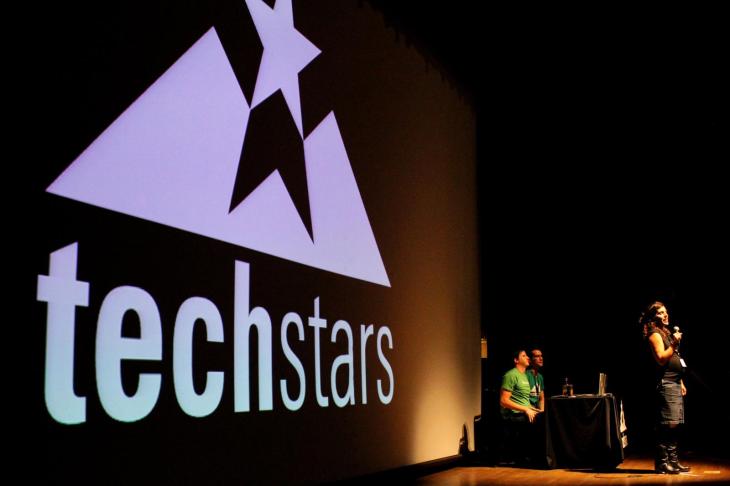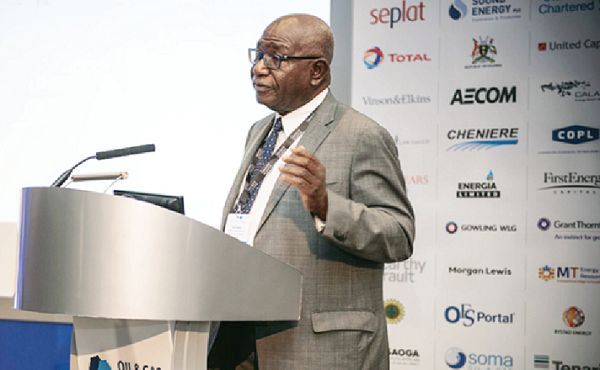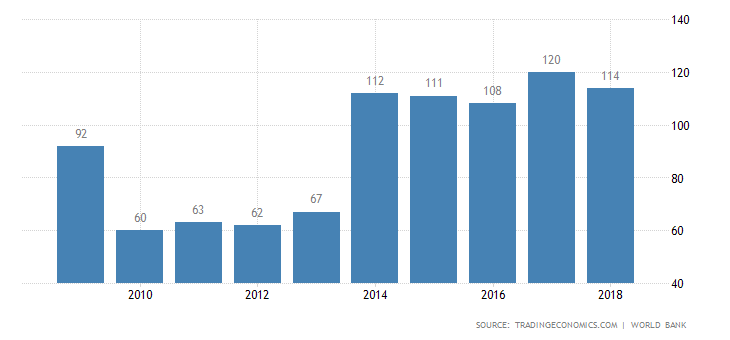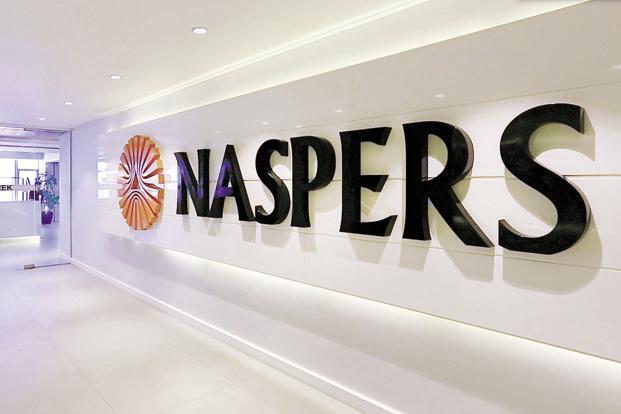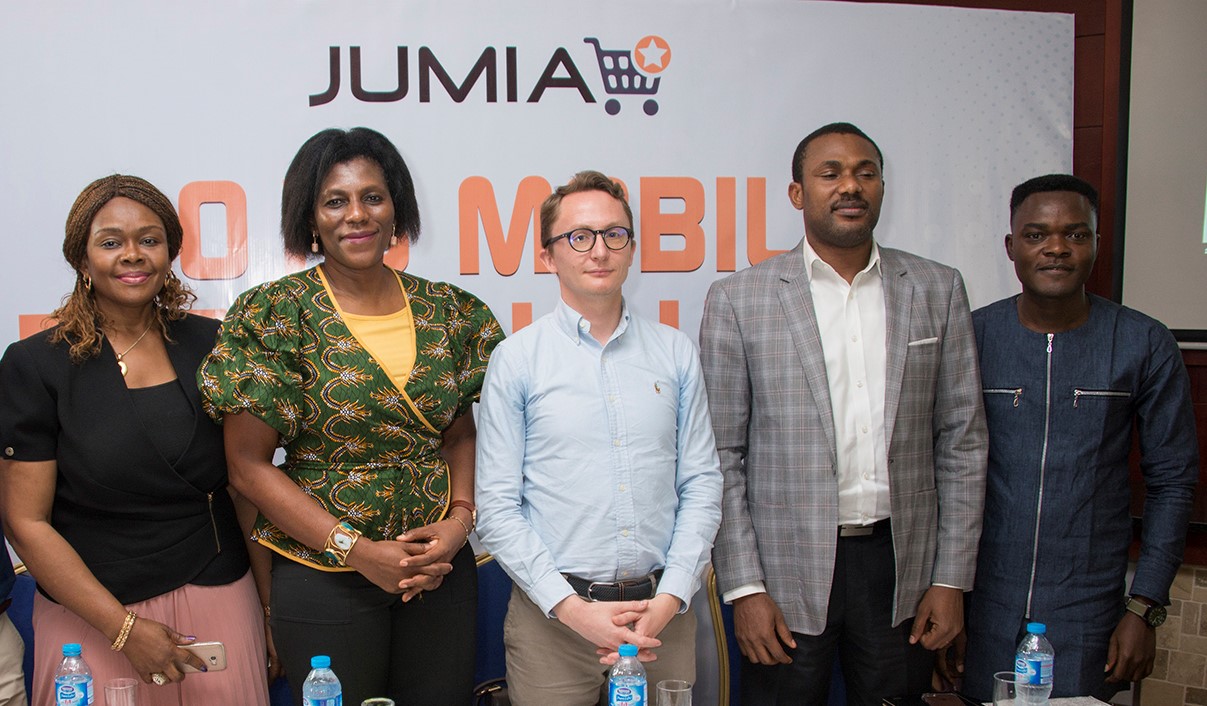The leading Nigerian digital printing company chooses Canon for its digital color printing for maximum versatility
KAS Prints will rely on Canon’s innovative technologies to provide its customers with the best innovative printing services.
Canon Central and North Africa (CCNA) world-leader in imaging solutions, is proud to have among its clients KAS Prints, a leading Nigerian digital printing company, and to participate fully in the development of its business objectives.
This collaboration, based on commitment, multi-sector knowledge, secure data management and high value-added solutions that guarantee sustainable innovation, allows them to combine their mutual know-how to provide KAS Prints customers with unique and unmatched services.
Canon’s continued investment in research and development offers KAS Prints confidence that they are using technologies specifically designed to improve their productivity and data security.

Canon appreciates that customer expectations in the digital and printing industries are constantly evolving which has an impact on business models in all imaging sectors. Integrated and intelligent applications allow businesses to reduce the complexity of challenges related to their environment and contribute to positive value creation.
“We have found in Canon a trusted partner with whom we share the same values and is committed to helping us successfully anticipate our customers’ needs especially in our offering of the latest solutions.
Canon’s long-standing experience in the digital and printing world encourages the emergence of innovations that will transform service delivery for our customers. We will be able to quickly adapt to any changes in the printing sector which will enable KAS Prints to maintain its leading position in the digital print market” said Ademola Kasumu – Managing Director and CEO, KAS PRINTS.
Tenaui, the official representative of Canon in Nigeria, was of big support to build this strong relationship between Canon and KAS. “Tenaui is really proud to have a valued partner such Canon and we are working very closely with the team to generate and develop more business in the country” added Yasser Alfara, Managing Director, Tenaui.
“We are very proud to be able to welcome KAS Prints among our customers to whom we have already provided C10000 printers. KAS Prints has a diverse customer portfolio and we are committed to supporting them with increasingly innovative and reliable high-performance state-of-the-art machines.
I am confident that this is the beginning of a mutually beneficial partnership that will last for the foreseeable future, as Canon helps KAS Prints achieve the goal of placing the customer at the heart of service delivery. I would like to take this opportunity to thank Tenaui who continues to support us and have enabled us in recent years to pursue satisfactory growth in Nigeria” concluded Somesh Adukia Regional Sales Office Director, Canon Central and North Africa (CCNA).
Kelechi Deca

Kelechi Deca has over two decades of media experience, he has traveled to over 77 countries reporting on multilateral development institutions, international business, trade, travels, culture, and diplomacy. He is also a petrol head with in-depth knowledge of automobiles and the auto industry.


